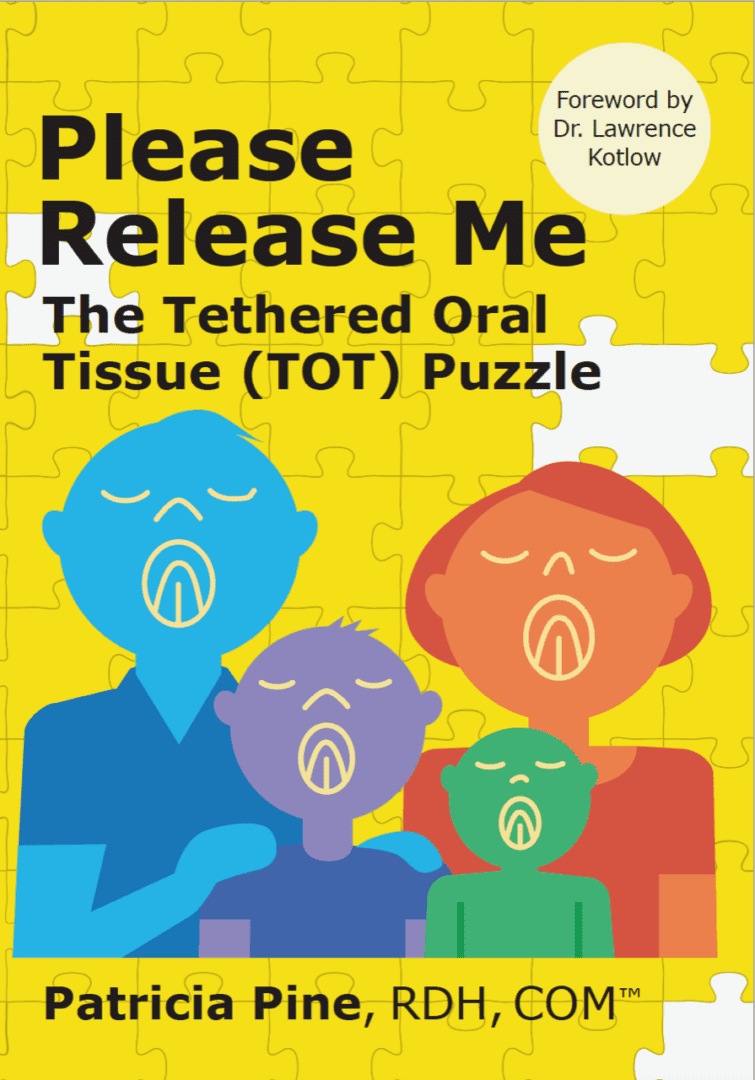Healthy humans of all ages usually breathe through our noses. Occasionally we’ll take a gulp of air through the mouth, such as when we’re exercising or have stuffy sinuses. That’s a perfectly normal thing to do, but if it becomes an ongoing habit, there could be some deeper issues worth taking a look at.
Breathing through an open mouth on a regular basis is both a sign of a physiological imbalance and a warning for more serious health problems down the road. There are definite causes of chronic mouth breathing and a large list of associated symptoms, most of which start off small but grow exponentially over time. The sooner you catch it, the less you’ll suffer.
Causes of Mouth Breathing
There’s no singular, easy-to-spot cause of chronic mouth breathing. Possible originating factors include everything from asthma to chronic stress, recurring sinus infections, and a host of poor breathing and eating habits developed throughout life. One thing remains constant for all mouth breathers, however: the longer they do it, the more habitual (and harmful) it becomes.
Some children develop a mouth breathing habit early in life due to allergies, blocked nasal passages, and enlarged adenoids or tonsils. Kids in this stage of mouth breathing can also demonstrate the upwards nose wiping “allergy salute” and have shiners under their eyes, both of which are strong signs that a dangerous poor breathing habit has begun.
Mouth breathers not only suffer from dental issues and chronic allergy symptoms, but also rarely get good-quality sleep, which can lead to the development of behavioral or academic challenges. Sleep apnea may be a popular buzzword in today’s world, but it is nevertheless a serious medical condition. Fortunately, the signs and symptoms of this ailment can be effectively arrested by scheduling an appointment with an Orofacial Myologist who provides myofunctional therapy.
Environmental factors also contribute to mouth breathing. Children that frequently suck their thumb or use pacifiers are training their jaw muscles to pull backwards, creating an open-mouth resting position that naturally leads to excessive mouth breathing. This is one of the easier-to-prevent causes of the condition, yet many parents ignore or even encourage it.
Early Symptoms of Mouth Breathing
Breathing through the mouth instead of the nose bypasses a number of beneficial processes. The nose warms and moistens the air we breathe, for example, trapping particles and regulating oxygen intake. It’s a wonderful, life-sustaining system when it operates correctly. When it’s misused, though, it causes serious issues.
In addition to the lost benefits, habitual mouth breathing contributes its own sets of imbalances. Many of these become more serious and more difficult to treat as time goes by. Below are a few of the common adverse consequences of chronic mouth breathing that can appear in both children and adults.
- Bad breath, dental decay, gum disease
- Crowded or crooked teeth
- Chapped, dry lips
- Snoring
- Imbalances of the muscles around the jaw and lips
- Improper tongue positioning
- Lisping and other speech problems
- Narrowing of the dental arch, jaw, and palate
When Mouth Breathing is Left Untreated
As is the case with many dental and facial imbalances, mouth breathing is a cumulative and self-perpetuating issue. Once it begins it sets off a cascade of related problems. The symptoms start slow and quiet but multiply exponentially over time. The longer you wait to get treated, the more frustrating and entrenched the symptoms become.
One of the most tragically overlooked effects of mouth breathing is a reduction of nitric oxide. This respiratory gas isn’t as famous as carbon dioxide or oxygen, but nevertheless plays numerous key roles in maintaining your overall health. Nitric oxide is produced by several of the body’s tissues, most notably inside the nasal passageway. Breathing through the mouth instead of the nose can cause a long-term reduction of nitric oxide.
Lower levels of nitric oxide have been associated with several serious health concerns1, including high blood pressure, heart failure, and strokes. Think about that for a moment: If you regularly breathe through your mouth, it could cause a stroke.That includes the nightly struggles of sleep apnea, which deprives your body of nitric oxide eight hours a night.
Beyond the most serious risks, a lack of nitric oxide inhibits the release of oxygen-rich hemoglobin throughout the body, especially to the brain. This leads to chronic daytime sleepiness, cognitive decline, mood disorders, and overall lack of energy.
Adults who have lived with chronic mouth breathing for years also experience the following symptoms:
- Chronic snoring and sleep apnea
- Dental malocclusion (including overbite, underbite)
- Faster breathing
- Chronic fatigue
- Brain Fog
- Hoarseness
- Narrow facial structure with an unnaturally narrow mouth
- Persistent sleep disorders related to poor resting habits
- Poor neck and shoulder posture
- Weak chins
Correcting Mouth Breathing
The good news for chronic mouth breathers of all ages is that treatment is a possibility. No matter the cause and no matter the severity, there are measures you can take to alleviate symptoms and correct ingrained habits.
For many mouth breathing cases, myofunctional therapy is the perfect first step on the path back to wellness. The methods used are safe and gentle enough that even young children can practice them, yet they’re remarkably effective as correcting mouth breathing and its associated imbalances.
Orofacial Myologists provide myofunctional therapy by first establishing the root of each patient’s imbalance, taking into account everything from small symptoms to seemingly unrelated areas of wellness. Treatment plans are then designed to help bring the body back to a state of balance. For most people this includes a set of face and jaw exercises aimed at strengthening weak muscles, practice spotting bad habits, and of course, breathing exercises to help gradually return the body to wellness.
The Sooner, the Better
Mouth breathing creates an extremely dangerous and damaging snowball effect. Its causes can be small and easy to ignore, and it often doesn’t present any harmful symptoms for months or years after it begins. Once those patterns are established, the snowball starts to roll. Before you know it, your teeth are crooked, your posture is bad, your blood pressure is rising, and sleep apnea keeps you up every night. And it all started from chronic mouth breathing.
What’s worse: these issues are self-perpetuating, making them harder to correct the longer you wait on getting treatment.
The biggest factor in successfully correcting mouth breathing is to start early. Learn to recognize the signs, both in yourself and in your family, especially the little ones. Don’t hesitate to contact a myofunctional therapist for a full evaluation to get started on the road to wellness.
Schedule your appointment today with Orofacial Myologist Pat Pine. Learn more at www.musclesinharmony.com or call now at 480-442-1590!
Did you know the tongue also plays a vital role in your overall health? It’s also one of the major players in chronic mouth breathing! Learn more by checking out our book Please Release Me – The Tethered Oral Tissue Puzzle.

